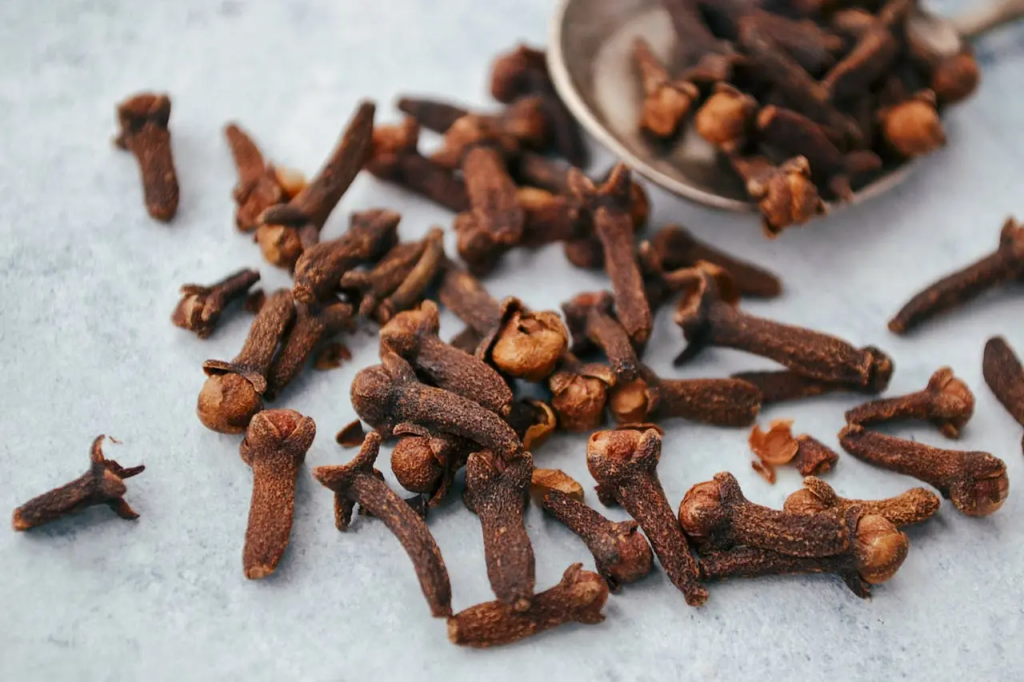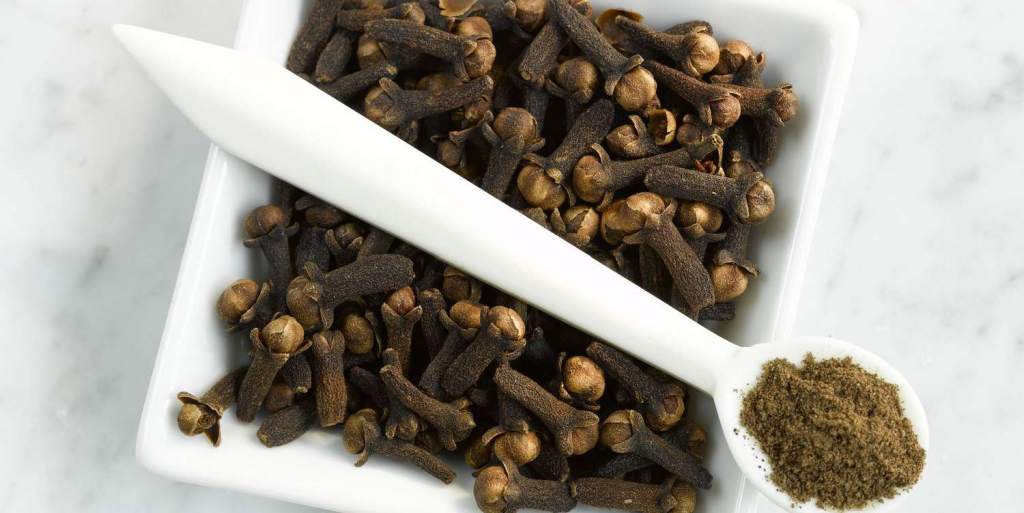Did you know that chronic respiratory diseases affect more than 500 million people worldwide, and coughing is one of the most common symptoms that won’t go away? From bronchitis to seasonal infections, persistent cough can be exhausting, disrupt your sleep, and lower your quality of life. Many people immediately reach for over-the-counter syrups, but natural remedies like cloves have been used for centuries to soothe the lungs and ease breathing.
Imagine being able to calm your cough within days using something as simple as a spice already sitting in your kitchen. Cloves, tiny but powerful, are packed with compounds that fight bacteria, reduce inflammation, and open the airways. They don’t just mask symptoms—they work with your body to promote real healing.
In this article, you’ll discover how cloves can help clean your lungs, reduce coughing, and support respiratory health. We’ll explore the science, traditional uses, and practical recipes you can try at home, along with safety tips to ensure you use them correctly.

Why Cloves Are Powerful for Respiratory Health
Cloves are dried flower buds from the clove tree, widely used in cooking and medicine. What makes them exceptional for lung health are their active compounds:
- Eugenol: A natural antiseptic and anti-inflammatory compound.
- Flavonoids: Antioxidants that reduce oxidative stress in lung tissues.
- Volatile oils: Provide antimicrobial effects, fighting bacteria and fungi.
These properties explain why cloves have been traditionally used to relieve cough, clear phlegm, and support bronchitis recovery.
1. How Cloves Help Stop Coughing
Cloves act as both an expectorant and a soothing agent:
- Loosen mucus: Makes it easier to expel phlegm.
- Soothe the throat: Reduces irritation that triggers coughing.
- Fight infection: Antimicrobial properties help clear bacterial and viral causes.
Case Example: A grandmother in India used to steep cloves in hot milk for her grandchildren whenever they had persistent coughs. Within days, their symptoms improved—something modern studies now validate.

2. The Role of Cloves in Bronchitis Relief
Bronchitis inflames the bronchial tubes, making breathing difficult. Cloves can help:
- Reduce inflammation: Eugenol calms swollen airways.
- Ease breathing: Volatile oils relax respiratory muscles.
- Prevent worsening: Antibacterial action keeps secondary infections at bay.
Study Insight: Research suggests that clove extracts inhibit common respiratory pathogens, including bacteria that worsen bronchitis.
3. Simple Clove Recipes for Lung Health
There are several safe, effective ways to use cloves for cough and bronchitis:
Clove Tea
- 3–4 whole cloves
- 1 cup hot water
- Steep 10 minutes, strain, and drink warm.
Clove and Honey Syrup
- Grind 5 cloves, mix with 1 tablespoon raw honey.
- Take ½ teaspoon twice daily to soothe the throat.

Clove Milk (Traditional Remedy)
- Boil 3 cloves in a cup of warm milk.
- Drink before bed for cough relief and better sleep.
Nutrition Snapshot (per 2–3 cloves daily)
| Nutrient | Approx. Value | Benefit |
|---|---|---|
| Vitamin C | 9% DV | Boosts immunity |
| Manganese | 55% DV | Supports metabolism |
| Eugenol | Active | Anti-inflammatory, antimicrobial |
4. Everyday Tips for Using Cloves Safely
While cloves are powerful, using them correctly is key:
- Start small: 2–3 cloves per day is enough.
- Pair with honey or milk: Softens strong flavor and enhances soothing effect.
- Avoid chewing too many raw cloves: Can irritate the mouth and stomach.
- Consistency matters: Regular use for 3–5 days may show results.

Do’s and Don’ts Table
| Do’s | Don’ts |
|---|---|
| Steep cloves in tea | Consume large amounts raw |
| Combine with honey | Use as sole treatment for serious illness |
| Use daily in moderation | Give to infants without medical advice |
| Consult doctor if symptoms persist | Ignore persistent severe cough |
5. Who Should and Shouldn’t Use Cloves
- Good for: Adults with mild coughs, sore throats, or bronchitis.
- Use caution if: You are pregnant, breastfeeding, or taking blood-thinning medications.
- Children: Small doses may help, but always consult a pediatrician first.

6. Real-Life Experiences with Cloves
Many households in Asia, Africa, and the Middle East rely on cloves as a go-to remedy for cough and congestion. People report:
- Relief from night coughing after drinking clove tea.
- Easier breathing during cold seasons.
- Reduced need for repeated cough syrups.
These everyday stories reflect centuries of trust in this humble spice.
Conclusion
Cloves may be tiny, but their benefits for lung health are enormous. By loosening mucus, fighting infection, and calming inflammation, they can help clean your lungs and reduce coughing in just a few days. Whether you sip clove tea, enjoy it with honey, or add it to warm milk, this simple remedy can be a powerful ally for your respiratory system.
Quick FAQs
- Can cloves really stop coughing in three days? They can ease symptoms significantly, but results vary.
- How many cloves should I take daily? 2–3 cloves are usually enough.
- Are cloves safe for bronchitis? Yes, as a supportive remedy alongside proper care.
Disclaimer: This article is for educational purposes only and does not replace professional medical advice. Always consult your healthcare provider if you have persistent coughing, chronic bronchitis, or any serious lung condition.




